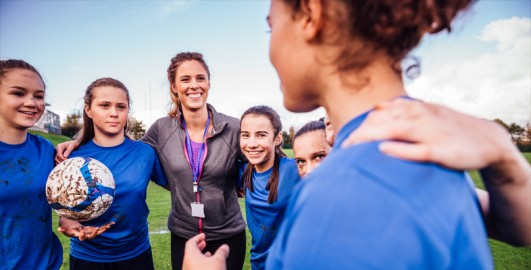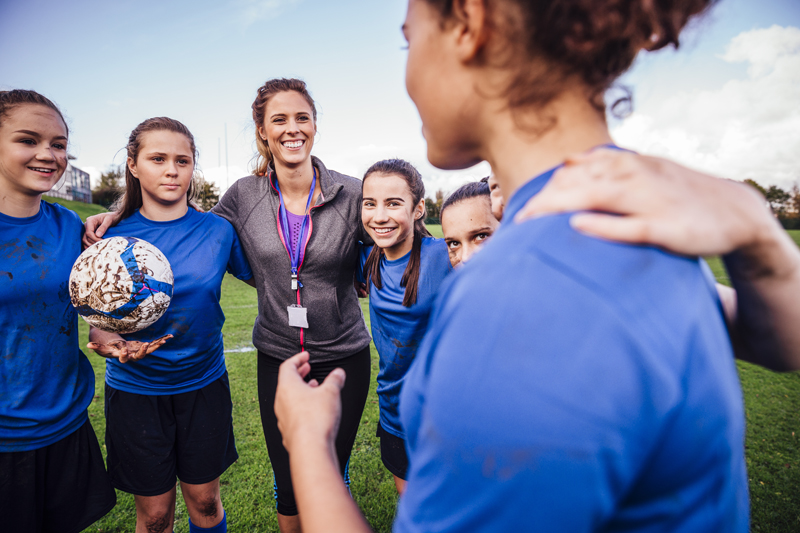3 The power of communication
In line with looking at neurodiversity through a deficit model, it is often assumed that autistic people in particular experience difficulties in communicating effectively. Recent research has suggested that difficulties may not arise from something ‘wrong’ with a neurodivergent individual, rather this comes from a mismatch in the neurotype of who they are communicating with (Crompton et al., 2020). Crompton et al.’s study found that communication of information between two autistic individuals can often be very successful, and it is when two individuals of very different neurotypes are communicating where difficulties may occur. This suggests that any miscommunication is a result of differences between both autistic and non-autistic individuals. Due to the prevailing deficit models around neurodiversity, this often means the ‘fault’ in any communication breakdown is directed at the neurodivergent individual rather than the neurotypical one. This is something which can be challenged in coaching practice, and you will learn more about this throughout the course. The next activity will help you explore how neurodivergent individuals experience everyday challenges and start to consider how this applies to your coaching.
Activity 2 Communication and coaching environments
Click on the link below to view an interactive resource produced for the Inside Our Autistic Minds television programme produced by the BBC and The Open University.
Open in a new tab or window so you can easily return to the course.
Explore Inside Our Autistic Minds [Tip: hold Ctrl and click a link to open it in a new tab. (Hide tip)]
Once you have accessed the resource, click on the blue arrows in turn within each of the five themes: anxiety; communication and language; routine and predictability; sensory issues; social comprehension and interactions. Depending on your device, you may need to scroll down the interactive to see all of them.
When you click on each theme consider the following questions:
- How might some of the lived experiences being described be experienced by an athlete in a sport and exercise setting?
- How might some of the experiences described influence athletes before they arrive at a coaching session?
- If an athlete has similar experiences to some of those described, how might this influence how they communicate with their coach?
Discussion
- When working through each theme, you may have more detailed thoughts on some more than others – don’t worry if this was the case, it would not be surprising! However, you may have thought about how an unexpected change in routine during a coaching session may be difficult to manage for some athletes. You may also have thought about how encountering new people in a session might influence how an athlete may communicate with their coach, or even their teammates.
- Prior to turning up to a coaching session, an athlete may have had an overwhelming experience at school or work which would impact how they engage with the session. They may have had a change in routine when travelling to the session or been delayed on their way.
- These experiences could mean an athlete may find it hard to communicate with their coach and their peers. Reflecting the individualised nature of neurodivergence, this could mean they appear withdrawn, display emotions more readily, or generally present with behaviours you are not used to.
Activity 2 touched on how a range of issues inside and outside of a coaching environment may impact neurodivergent athletes and how effective communication could be impacted. To help you understand the wider impacts of this, the next section looks at the relationship between neurodiversity, wellbeing and mental health in more detail.

